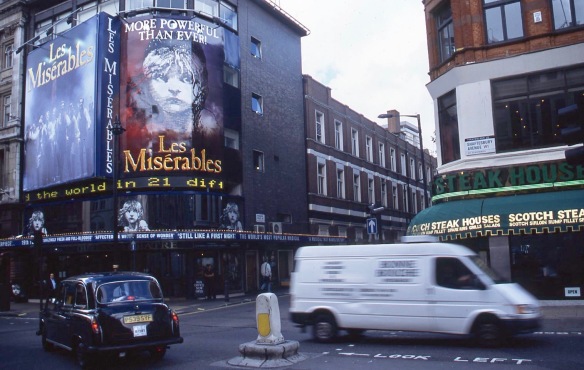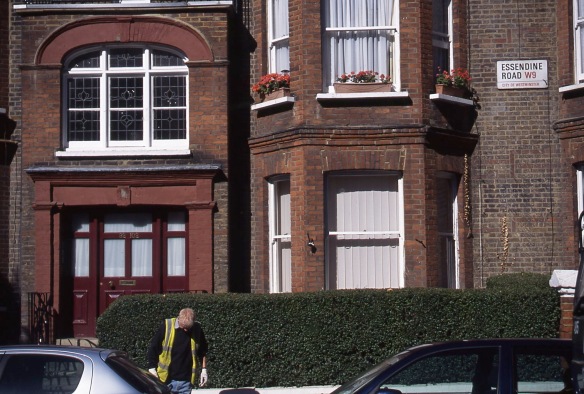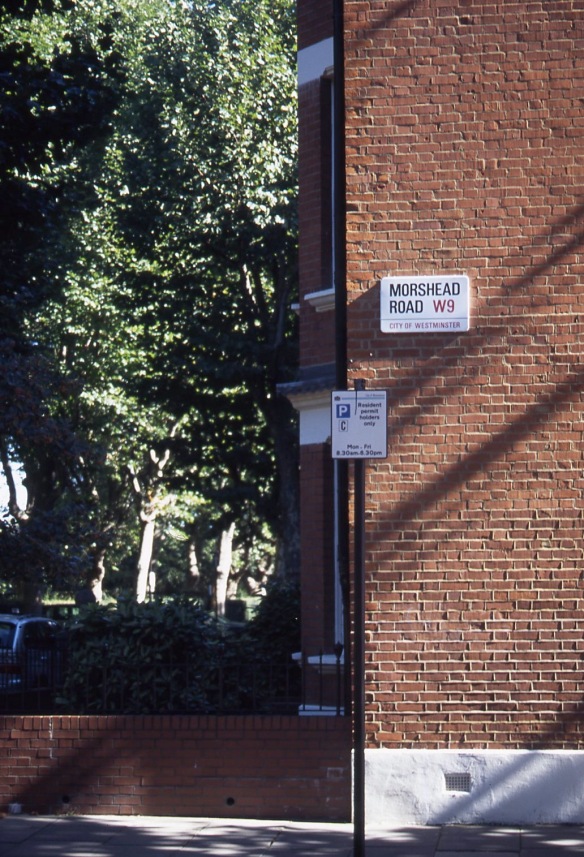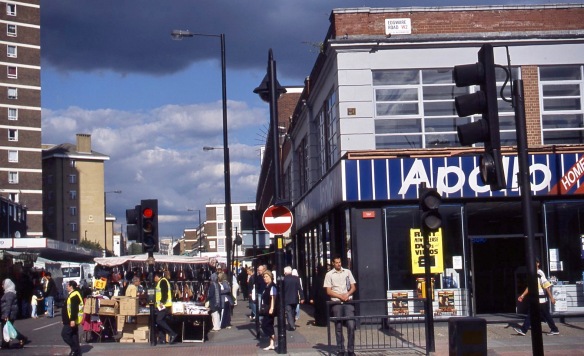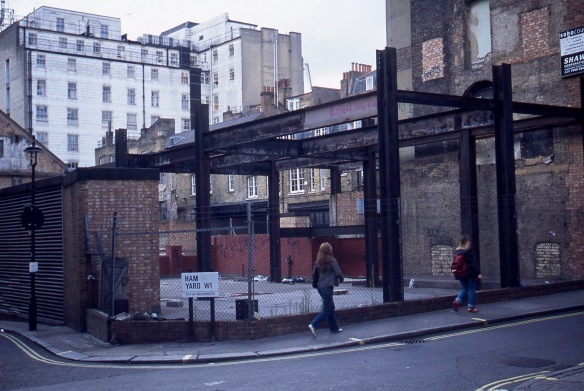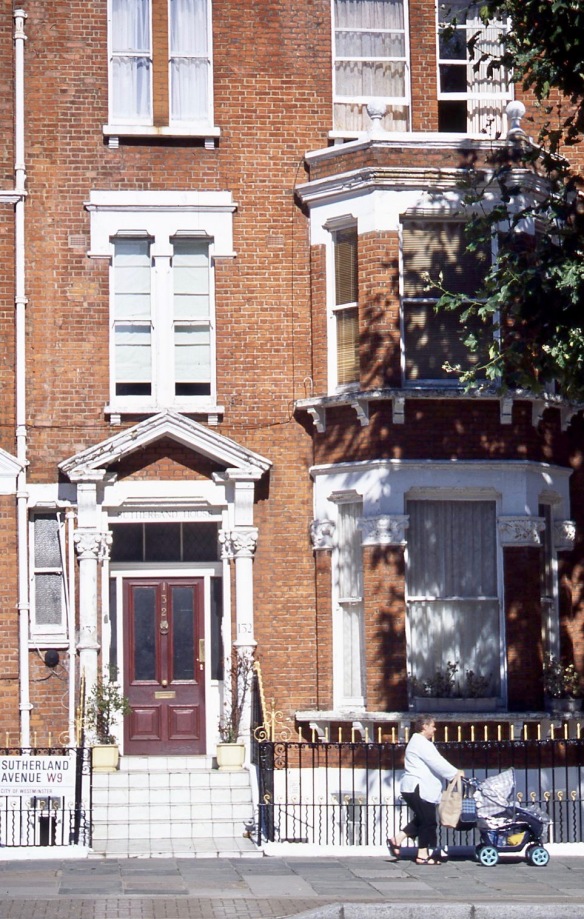At weekends during my last years at school I worked with Dad on his removals van.
On August 29th 2012 I met Michael for a drink in the Hand in Hand on Wimbledon Common. Fifty-plus years ago, when I drank there with my own father, this greatly extended Young’s pub was a small spit and sawdust independent establishment run by four sisters. As I was a little early I wandered across the green to look at a grand house into which Dad and I had moved a family at that time. In the garden was a man, probably in his fifties, having a cigarette. I told him about the removal, in particular that we had, with a piano we were bringing in, damaged a skirting board at the bottom of the stairs. I omitted to mention that we had prided ourselves in lifting the small upright upstairs unaided, and dropped it. This man told me his family had owned the house for about that length of time. He would have been one of two little boys excitedly running about their new home. The damage had been repaired.
The removals work with Dad was a pocket money earner beginning in my schooldays which continued on Saturday mornings during my first career, in Marine Insurance.
My first annual salary was earned in the old Lloyd’s (insurance) Building. It had contained the ‘Room’ of 1928 where all the underwriters carried out their business. By 1960, when I began, a second Lloyd’s building, which has itself been superseded, had been built, and my building was occupied by the back room boys, such as me. I dealt with marine insurance claims under the management of Mr. Goodinge, who once gave me a collection of his excellent shirts; and alongside people like Ray Denier who took seven wickets on his first turn-out for my cricket club, and Ian Frederick Stevens, otherwise known as IFS, who was a soulmate for a while. More importantly, my secretarial work was done by Vivien, who was to become my first wife. This building, known as ‘The Dome’, had no natural light. You could never tell what time of the day or year it was, or what the weather was like. It was here that I knuckled down to what I was assured was a secure pensionable job. This, then, was more important than strange concepts like job satisfaction. By correspondence course I set about qualifying for the Chartered Insurance Institute and thought that would be my job for life. It wasn’t until I became a twenty three year old widower with a baby son that I knew I could do this no more.
The insurance world held me for the first six years of my working life. I commuted daily on the very route, but on very different trains, that I used today; first from Raynes Park, then after marriage and the purchase of a first house, from Wimbledon itself. The trains in those days had carriages with which viewers of period dramas will be familiar. During the rush hour those carrying commuters from Waterloo into Surrey would become packed. One evening two of my classmates who made such a journey were the first to occupy one of the compartments.

Each stationed at one of the windows, they pulled grotesque faces and leeringly beckoned to other would-be passengers to enter. In that way they kept the seats to themselves. One evening, travelling back to Raynes Park, the train became fogbound. We remained stationary right outside my home for an hour and a half.
The first three years of my time at Lloyd’s were spent in Leadenhall Street. From Waterloo mainline station it was necessary to travel on ‘The Drain’. This was the name given to the Underground journey to Bank station. I can’t quite remember how it worked, but, at one end or the other of this daily grind there was a long tunnel through which thousands just like me tramped to their destination. You had to go at the pace of the slowest.
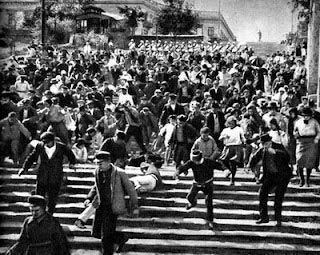
It felt like a scene from a film about zombies or prisoners of war, silent enough to be “Battleship Potemkin”. Looking back this seems an awful mole-like existence. But security was all, and we made our own fun, pulling each other’s legs and taking some amusement from misprints in memos and the joys of the German language. The Westmonster Insurance Company caused some glee and we became hopelessly incontinent whenever we came across the shipping company whose name sounded like ‘dampsheepfarts’. There were side streets off Leadenhall Street with provisions stores. I remember a butcher’s which, at Christmastime had turkeys hanging up like a film set for ‘A Christmas Carol’, and, during the winter months, lamplighters climbed ladders to light the gas lamps early enough for me to see them before I set off back down The Drain.
My memory fails me in attempting to recollect the name of the kindly gentleman who was my boss during my brief employment at the Yorkshire Insurance company in Leadenhall Street in about 1963/4. I do, however remember that he bought all his staff ties or other similar birthday gifts from Austin Reed, the upmarket outfitters on Regent Street,

visible from this corner of Brewer Street. I took this practice to heart, and, when I became a Social Services manager myself, gave everyone a birthday card. Since the staff numbers ran closer to three figures, that’s all I could afford.
It was Mike Vaquer, a colleague in the Yorkshire Insurance Company, who introduced me to the pleasures of colour slides as a medium, and took me with him for a year or so to photograph the West End decorations. The two of us eagerly awaited these annual trips, each descending on the capital from our respective suburban homes.

Mike was a little older than me, didn’t have a family, and could therefore invest in a top of the range Pentax. Mind you, he still needed a rangefinder attachment. I photographed him on our 1964 expedition.
More than thirty years later, I met another of those colleagues on Victoria Station. He told me that all my contemporaries were still working there. The only difference in personnel was that he had replaced the manager mentioned above.
I considered that I had escaped a life of boredom when I turned to Social Work in 1966. How this came about will follow in due course.
